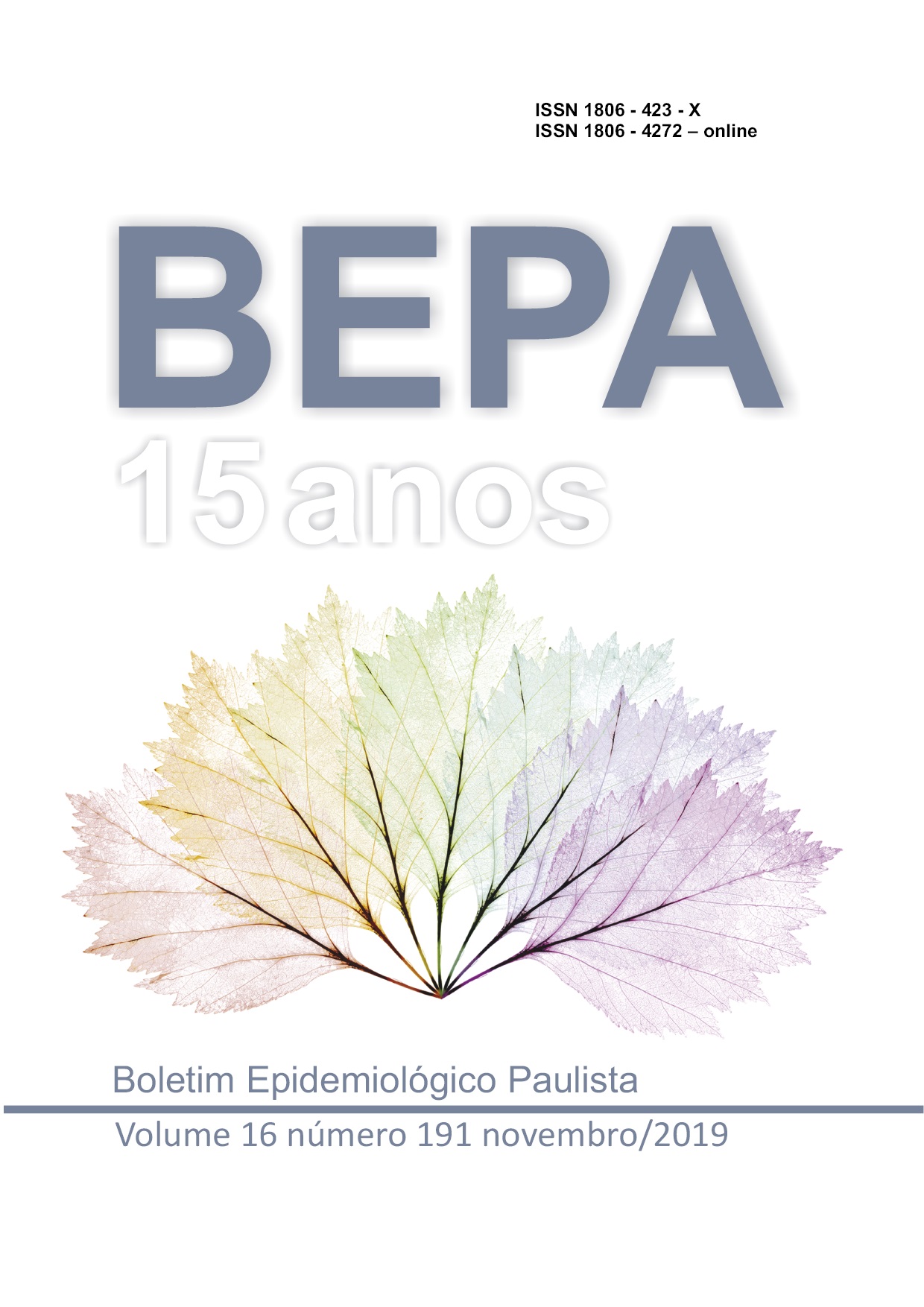Abstract
Toxoplasma gondii is an intracellular protozoan with high prevalence in humans. In
immunocompromised individuals the infection is reactivated in more severe states of
the disease, such as cerebral toxoplasmosis. The pathways of action of the immune
response are not fully understood, especially in immunosuppressed experimental
models. In the present study, an experimental model of toxoplasmosis was established in
immunosuppressed animals using female A/Sn mice infected with 10 cysts of T. gondii
ME49 strain. Immunosuppressive treatment was initiated 30 days after the parasitic
inoculum and consisted of the subcutaneous administration of Cyclosporin A (CsA) or
Dexamethasone (Dex) diluted in distilled water conditioned in cage flasks. CsA and
Dex induced significant immunosuppression (p<0.05) and subsequent reactivation of
the parasite in infected animals. By means of the leukocyte count, it was observed
that the immunosuppressive effect of Dex was higher than CsA. The evaluation of
the cellular and humoral immune response patterns was performed using oral Dex at
10 mg/L in female A/Sn mice for 7 to 56 days of treatment. Deximmunosuppressed
mice showed a significant (p<0.05) reduction in the cytokines dosage of Interleukin
5 (IL-5), Interleukin 10 (IL-10), Tumor Necrosis Factor α (TNF-α) and Interferon γ
(IFN- γ). Mice immunized with Dex showed reduced antibody levels when analyzed
against Tachyzoite Lysed Antigens (TLA); however, when analyzed for Excreted/
Secreted Antigens (ESA), they showed an increase in the concentration of antibodies.
The antibody and cytokine profile in these animals suggested a trend of Th2-type
cellular response over the Th1-type cellular response. The results indicated that the
murine model of Dex immunosuppression developed in the present study was useful
for investigating the cellular and humoral immune response to T. gondii infection and
this model can be applied in future experiments aiming to understand the relationship
between host and parasite.

This work is licensed under a Creative Commons Attribution 4.0 International License.
Copyright (c) 2019 Ricardo Luiz Dalla Zanna, Vera Lúcia Pereira Chioccola (orientadora)
